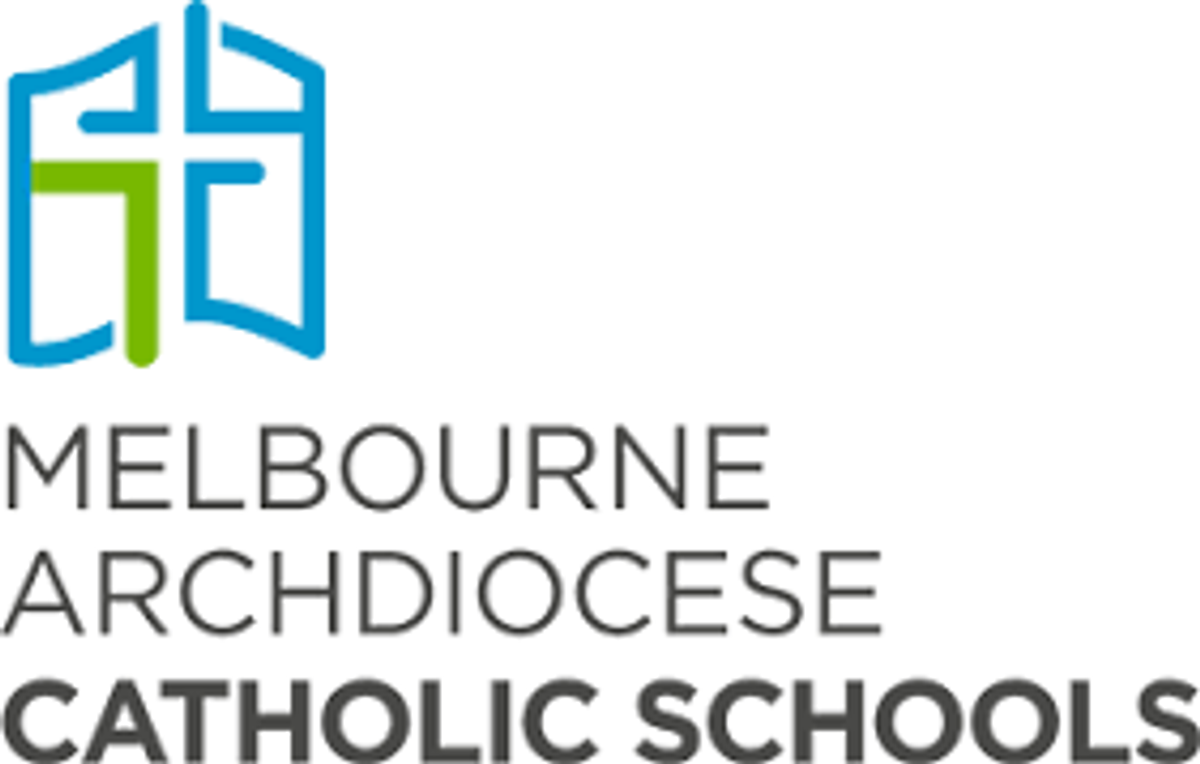Literacy

SHARED STORIES
The theme for this year’s Shared Stories Anthology is Imagine If...
Our participation in Shared Stories is a wonderful opportunity for our students to see their own writing and artwork in print and for us to celebrate the high quality pieces that are produced each year by our students.
We look forward to their contribution, as always.
A WHOLE SCHOOL FOCUS ON WRITING
This year, our Literacy focus at St James is Writing. Our staff meetings and collaborative team planning meetings will provide opportunities for our staff to engage in professional dialogue around evidence informed practices in writing. There will be regular opportunities for teachers and leaders to work together to analyse writing samples, to drive future teaching and learning experiences.
Below is an extract from the ‘Writing Guiding Principles’ published by Melbourne Archdiocese Catholic Schools, otherwise known as MACS. It explains the purpose of writing and outlines strategies which support children in becoming engaged successful writers.
What is writing?
Writing is a socially valued process. It is a social technology, designed to facilitate communication among people. “It is learned and produced in social circumstances, establishes social relationships, changes writers’ social presence, creates shared meanings and accomplishes social action.” (Bazerman 2015, p.11)
The Victorian Curriculum provides the following account of writing:
- writing involves students in the active process of conceiving, planning, composing, editing and publishing a range of texts
- writing involves appropriate language for particular purposes or occasions, both formal and informal, to express and represent ideas and experiences, and to reflect on these aspects
- writing involves the development of knowledge about strategies for writing and the conventions of Standard Australian English. Students develop a metalanguage to discuss language conventions and use.
There is strong evidence that students become more engaged, successful writers when they are:
- engaged in frequent opportunities to write and enhance the quality of their texts
- writing to respond to meaningful experiences, for a variety of purposes, connected to authentic learning for real audiences across the curriculum
- supported to understand the intentions of their learning and achieve success
- given access to appropriate literary and technical scaffolds
- explicitly taught writing strategies, skills, and knowledge about the English language
- motivated to explore ideas and different ways to express ideas in writing
- provided with opportunities to give and receive relevant and timely self, peer and teacher feedback
Olivia Quinlan
Literacy Leader/Learning and Teaching Leader



